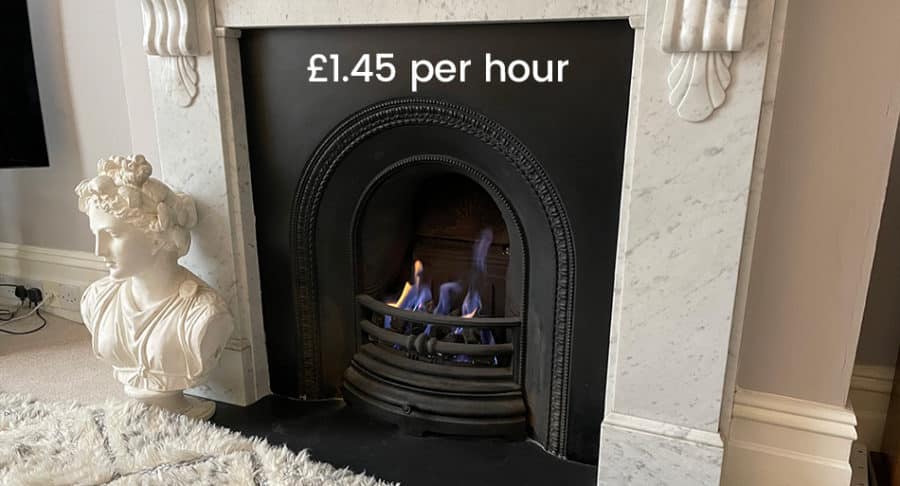My wife and I have sat together each evening recently, progressively getting colder as Autumn approached. In my mind, the heating wasn’t coming on until there was a frost on the sitting room carpet. We’ve invested in thermal base layers – Merino wool being particularly effective but last night I decided to find out how much the gas fire actually cost to run for an hour. I can see on my bill it’s now 14.85 pence per Kilowatt hour but what does that mean for my heating? So I read the meter and made sure no other gas appliances are on. I then ran the fire for an hour, and read the meter again. Turns out it costs £1.45. Now I know and when I do put the heating on, I’ll run the same procedure and get visibility of that as well.
I get the Azure bill from Microsoft each month and that really does need scrutiny. One wrong setting in Azure and we have blown a bunch of cash that we will never see again and had no benefit from. As the company grows, the propensity to waste money becomes higher. Having visibility of all spend is important. Yes, there are some companies that make money for fun and laugh at the notion of spending time controlling costs, but they are few and far between. Whether your budgets are being squeezed or you are terrified of the potential energy time bomb, there has never been a better time to get on top of our costs. Zahara helps by adding structure to the way people in the organisation can spend, with easy to set up purchase approval workflows.
The first step though is to know what things cost even, if it leaves you in the cold.

